Board of Directors
Krisztina Zsebo, Ph.D., VST Bio Co-founder and Director
Dr. Zsebo is a biopharmaceutical veteran with 35 years of experience in the Biotechnology industry and has been involved in numerous successful ventures. She was CEO & President of Celladon Corporation, for 11 years and took the company public. She was also an Entrepreneur in Residence at Enterprise Partners Venture Capital. Prior to joining Enterprise, she was CEO & President of Remedyne Corporation. Before coming to Remedyne she was Executive Vice President of Connetics Corporation. Dr. Zsebo also headed the Biopharmaceutical and Implant Division of ALZA Corporation, where she was responsible for the division which developed and filed the NDA for Viadur®, an implantable drug/device for prostate cancer patients. At Cell Genesys, where she was Executive Vice President of Research and Product Development, she managed the Xenotech division where Xenomouse was developed. It was spun off to become Abgenix, one of the most successful biotech companies. Earlier in her career, Kris spent eight years at Amgen in research and product development where she worked on the discovery of NEUPOGEN®, as well as Stem Cell Factor, and various aspects of EPOGEN® development. Dr. Zsebo received a B.S. in Biochemistry from the University of Maryland, a M.S. in Biochemistry and Biophysics from Oregon State University and a PhD in Comparative Biochemistry and Molecular Biology from the University of California, Berkeley.
FederDavid Cheresh
FederDavid Cheresh is an Associate Research Scientist in the laboratory of Professor Michael Simons at the Yale Cardiovascular Research Center. Dr. Corti’s research aims to improve our fundamental knowledge of protein glycosylation and how this translates to physiological and pathological states. Recently, he has shown for the first time that certain protein motifs are able to regulate heparan sulfate biosynthesis in order to achieve specific biological functions. Dr. Corti has also made significant contributions demonstrating the critical role of syndecans (a class of proteoglycans) in various biological processes such as inflammation, atherosclerosis and angiogenesis with publications in JBC, PNAS and Nature Communications. His latest research has unveiled a novel molecular mechanism to block VEGFA-induced vascular permeability by targeting proteoglycan Syndecan-2. Federico received his M.Sc. in Medicinal Chemistry and Ph.D. in Biotechnology from University of Siena (Italy).


